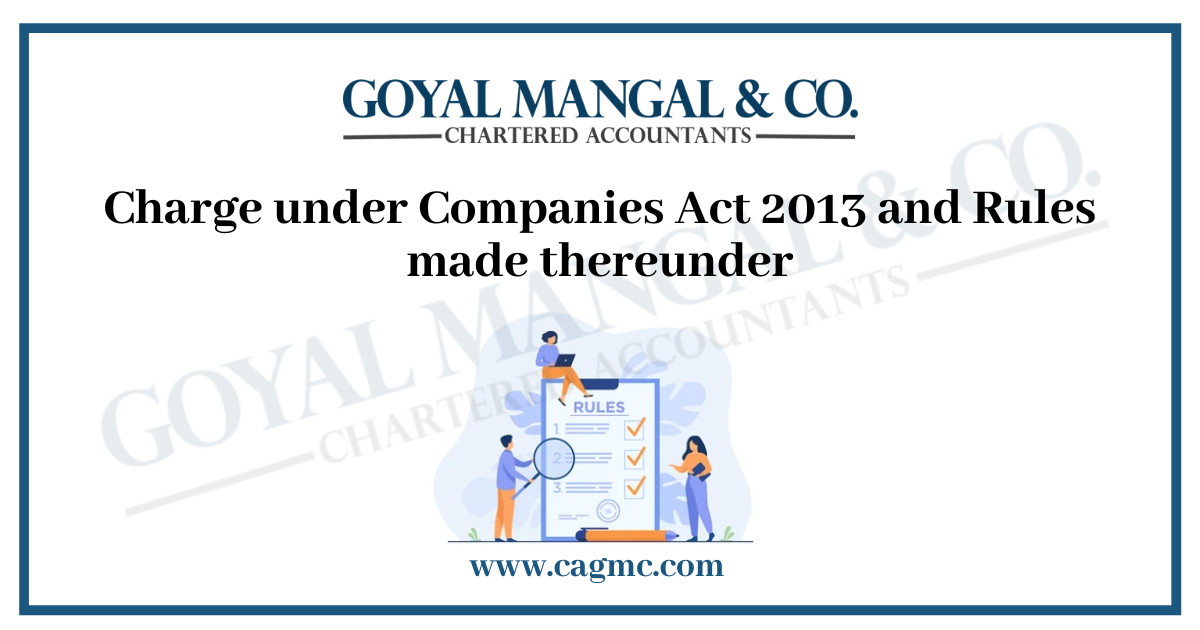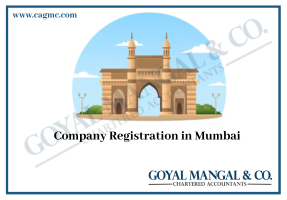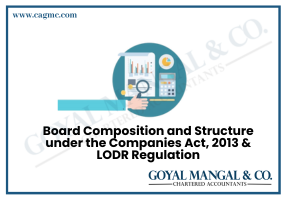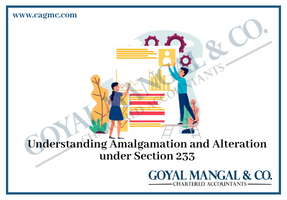
A charge in terms of section 2 (16) of the Companies Act 2013 means interest or liability created on the Company’s property or assets or any of its contracts or both as collateral and includes mortgage debt. In simple terms, a charge is financial collateral created by a Company on its assets or property instead of receiving a loan taken by the Company from financial institutions/banks. This article talks about the Charge under the Companies Act 2013.
|
Table of Contents |
Charge registration under the Companies Act, 2013
A company that makes a charge on its property within India or outside India will register its charge with the Registrar within 30 days of the creation or modification (in terms and conditions) of that charge and charge details and a copy of the instrument signed by the Company and the charge holder in the form specified below:
- CHG-1: – For other than Debentures.
- CHG-9: – Debentures.
- CHG-7: – Charge Register (will be kept only by its member company).
Requirement of charge
Almost all large and small companies rely on budget and loan capital to finance their projects. Borrowed capital may include funds raised through debts, which may be protected or unsecured, or by obtaining financial assistance from a financial institution or banks. Financial institutions/banks do not lend their money unless they have a guarantee that their funds are safe and will be repaid following the agreed payment schedule and interest payments. To get a loan, they turned to build goods and services for borrowers, known as the charge on assets. This is done by making loan agreements, mortgage titles, and other similar documents, which the borrower is required to use to finance lending institutions/banks, etc.
When is registration of charge mandatory?
In the Companies Act, 1956 there was a list of transactions in which the registration of charge was compulsory. By the enactment of the Companies Act, 2013, the list of charges requiring compulsory registration has been finalized. Therefore, where there is no specific list of charges to be registered, a broad definition of the term ‘charge’, ‘pledge’, and ‘liens’ are also required to register. In terms of section 125 (4) of the Companies Act 1956, the following charges are required to be registered with the Registrar of Companies (ROC).
- Charge to secure debentures;
- Charge on unpaid shares of the company;
- Charge on any immovable property, wherever it is, with any interest thereon; 4. Charge for any company book debts;
- Charge, which is not collateral, for any movable company property
- Charge on floating work or for any company assets including trade shares
- Charge on calls but unpaid calls;
- Charge on the ship or any part of the vessel;
- Charge on interest, copyright or license under copyright, trademark, or copyright, or license under copyright.
Procedure to be followed regarding the issuance of Charge Registration
- Issue not less than seven days’ notice and agenda of the Board Meeting to consider borrowing and creating a charge on properties or assets.
- Holding a Board of Directors meeting for approval and authorizing the Director to produce the required documents as required.
- Issue documents related to creating a charge on behalf of the charge holder.
- File the appropriate e-Form (CHG-1 or CHG-9 as applicable) and fees as specified.
Who will register the charge (Section 77)?
It shall be the responsibility of every company to create a charge
- in or out of India,
- in its assets or property or any of its undertakings,
- tangible or otherwise, and
- situated within or outside India,
register the charge particulars-
- within 30 days of its creation
- with the instruments
- signed by the charge holder and by the company
in e-Form CHG-1 (excluding Debentures) or e-Form CHG-9 (for debts that include rectification).
Failure to register the charge
The charge holders of the Company may apply to the Registrar for a creation/conversion registration if the company fails to register the charge within 30 days with the registrar. The registrar on the Charge holder application gives notice to the company stating the reason for the registration delay and must within 14 days of sending the notice to register the charge. The charge holder is entitled to a fee payable by the applicant for a registration fee with a Registrar from the Company.
Charge satisfaction
The Company must within 30 days from the date of charge or satisfaction of any registered charge, give the same warning to the Registrar on Form No. CHG-4 and fees. When the Registrar submits a full cost satisfaction memorandum under section 82 or 83, he or she will issue a certificate of registration of cost satisfaction on Form No. CHG-5.
Final words
Details of all fees will be entered into a cost register to be kept at the company’s registered office on Form No. CHG-7 in which all cost details will be included. Such intervention shall be authorized by the secretary or any person authorized by the Board for this purpose. The register will be opened for inspection by any member or lender without charge or any other person at the time of payment. Hope you understood the charge under the Companies Act 2013.







